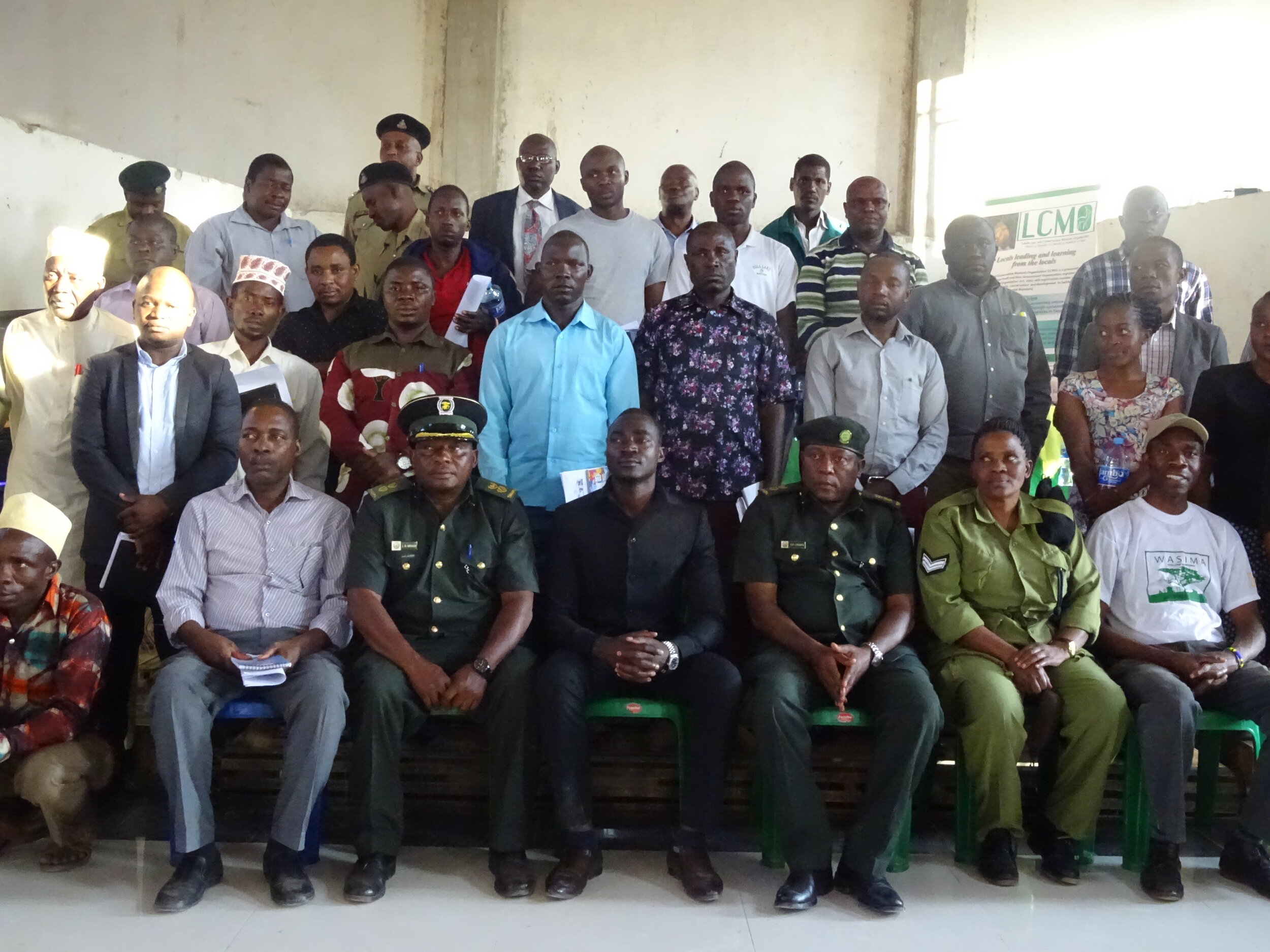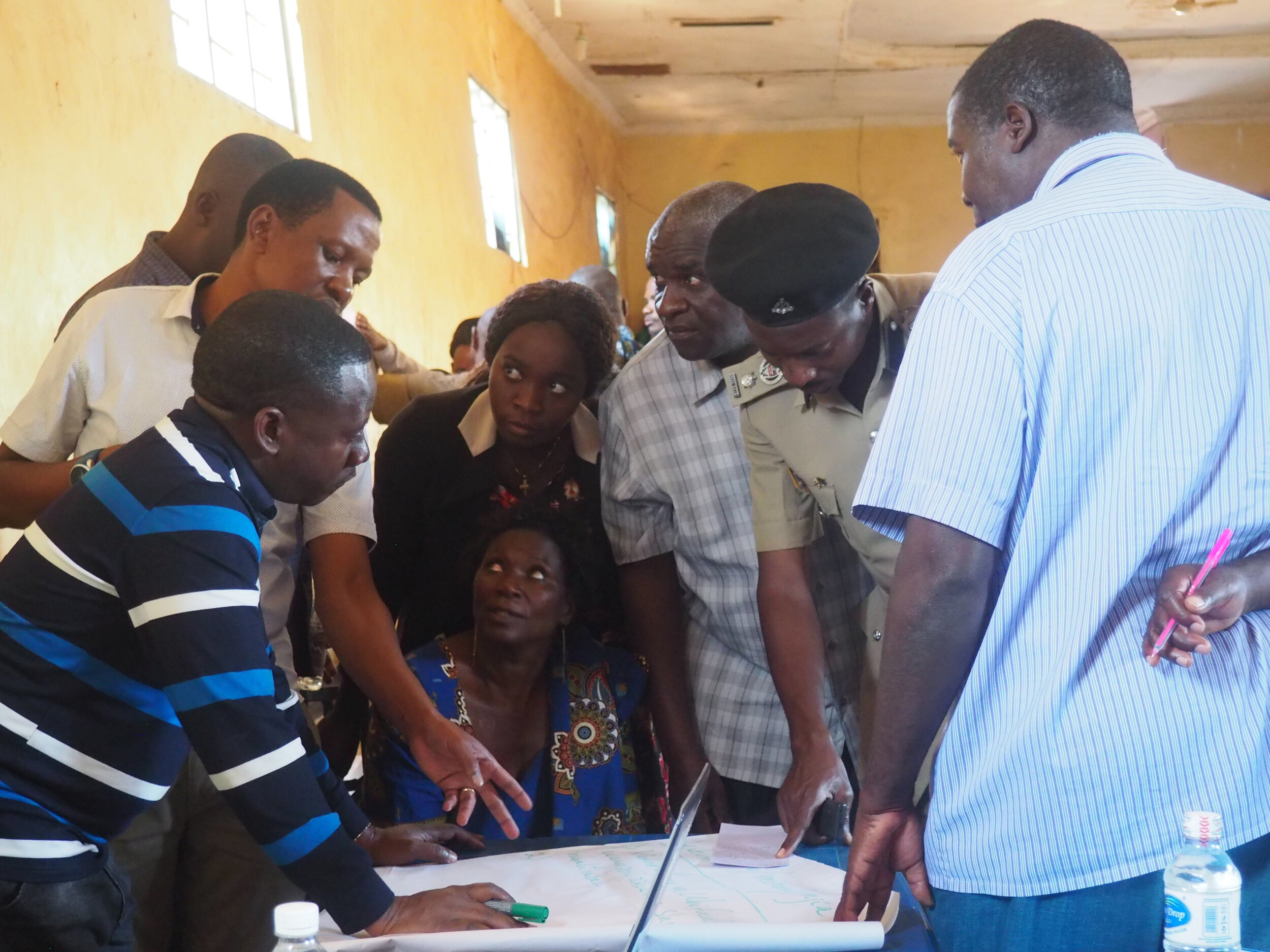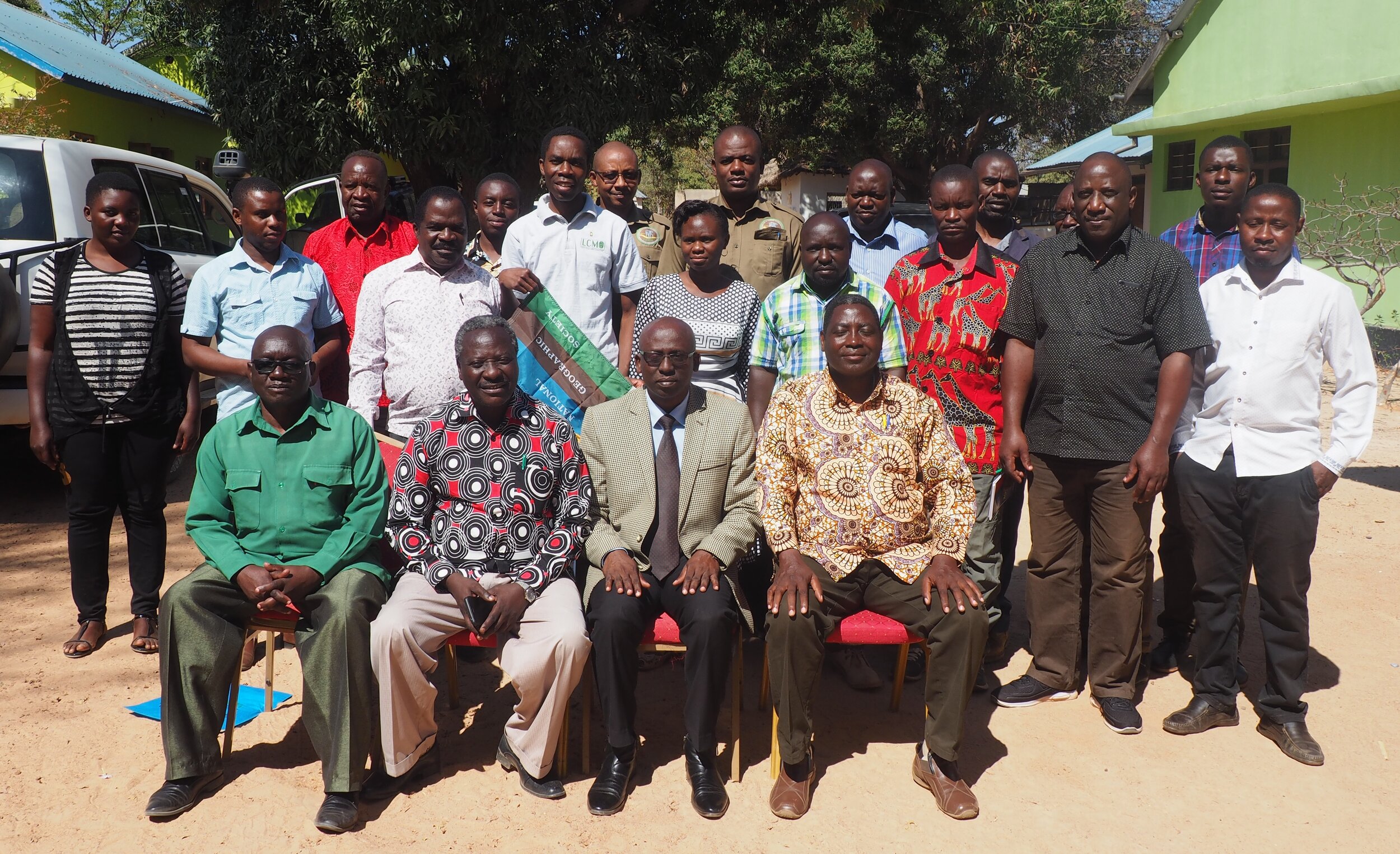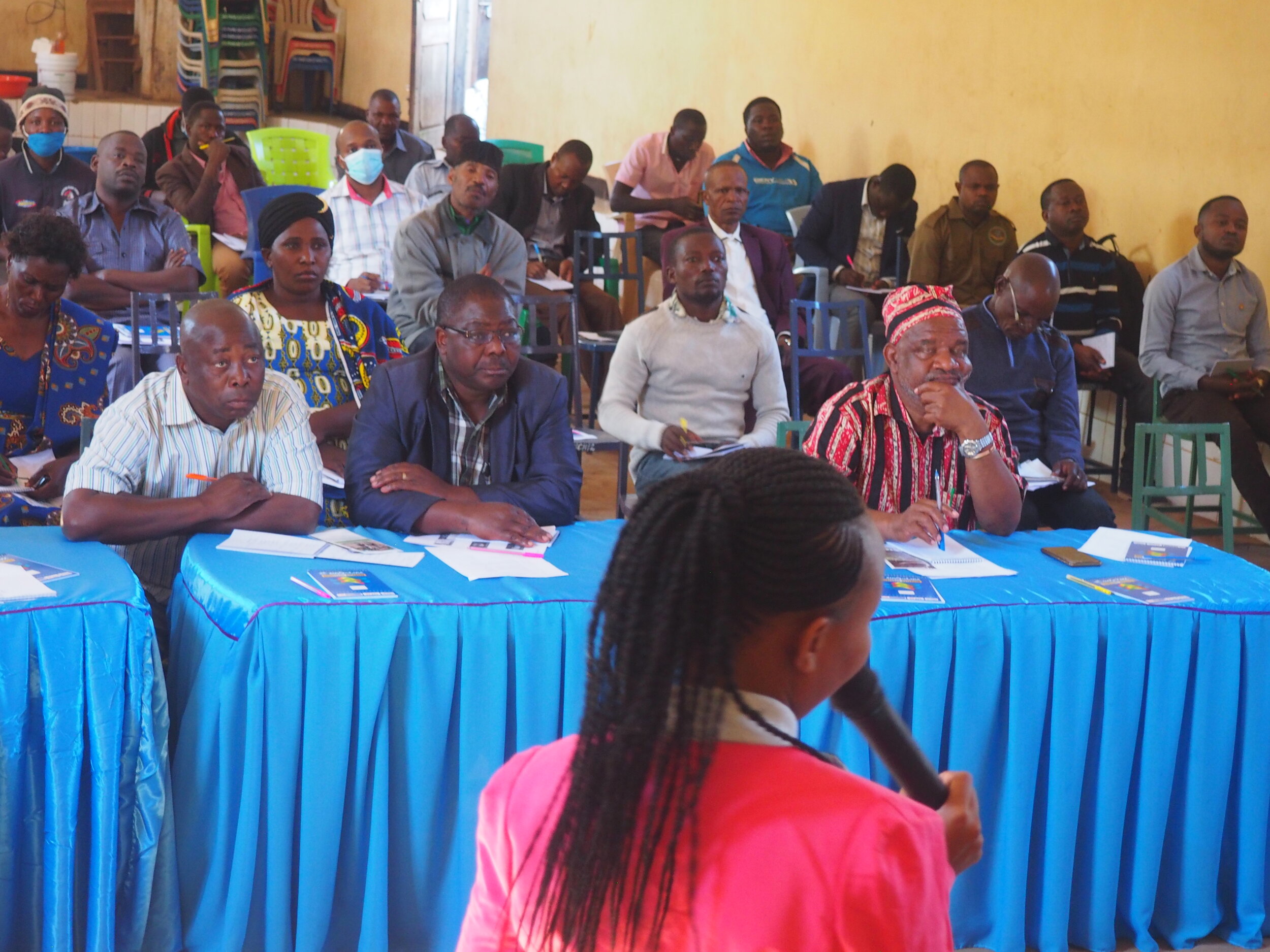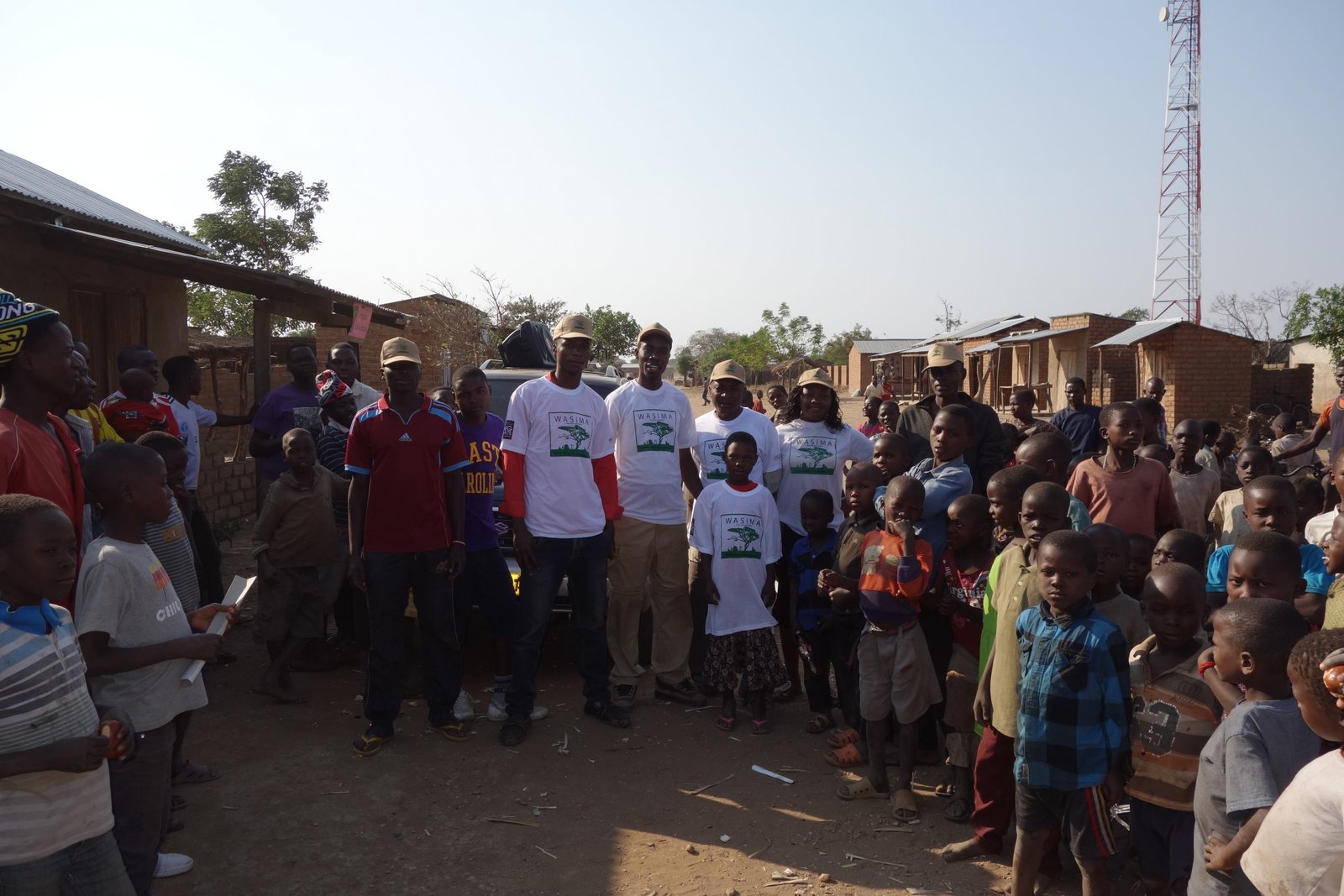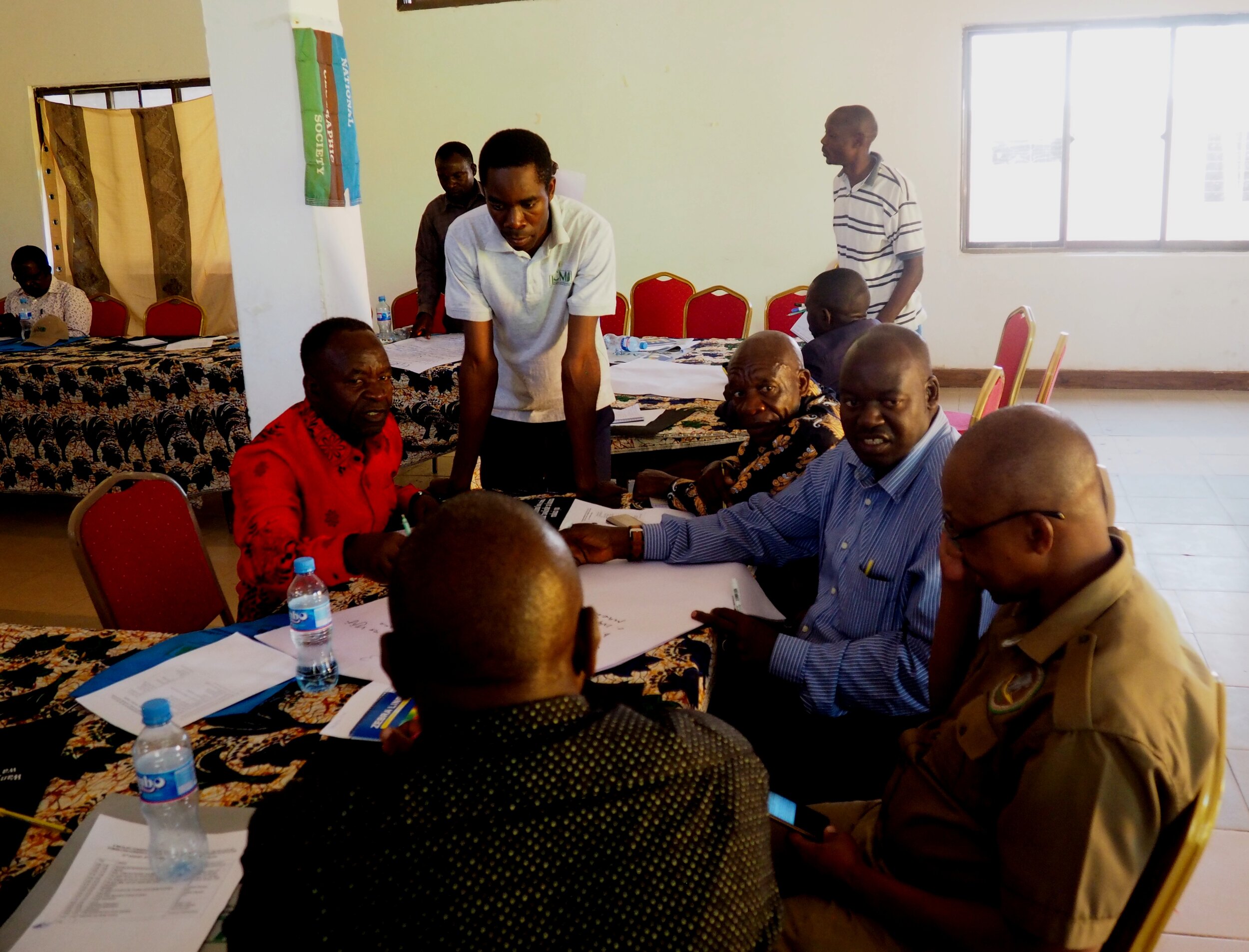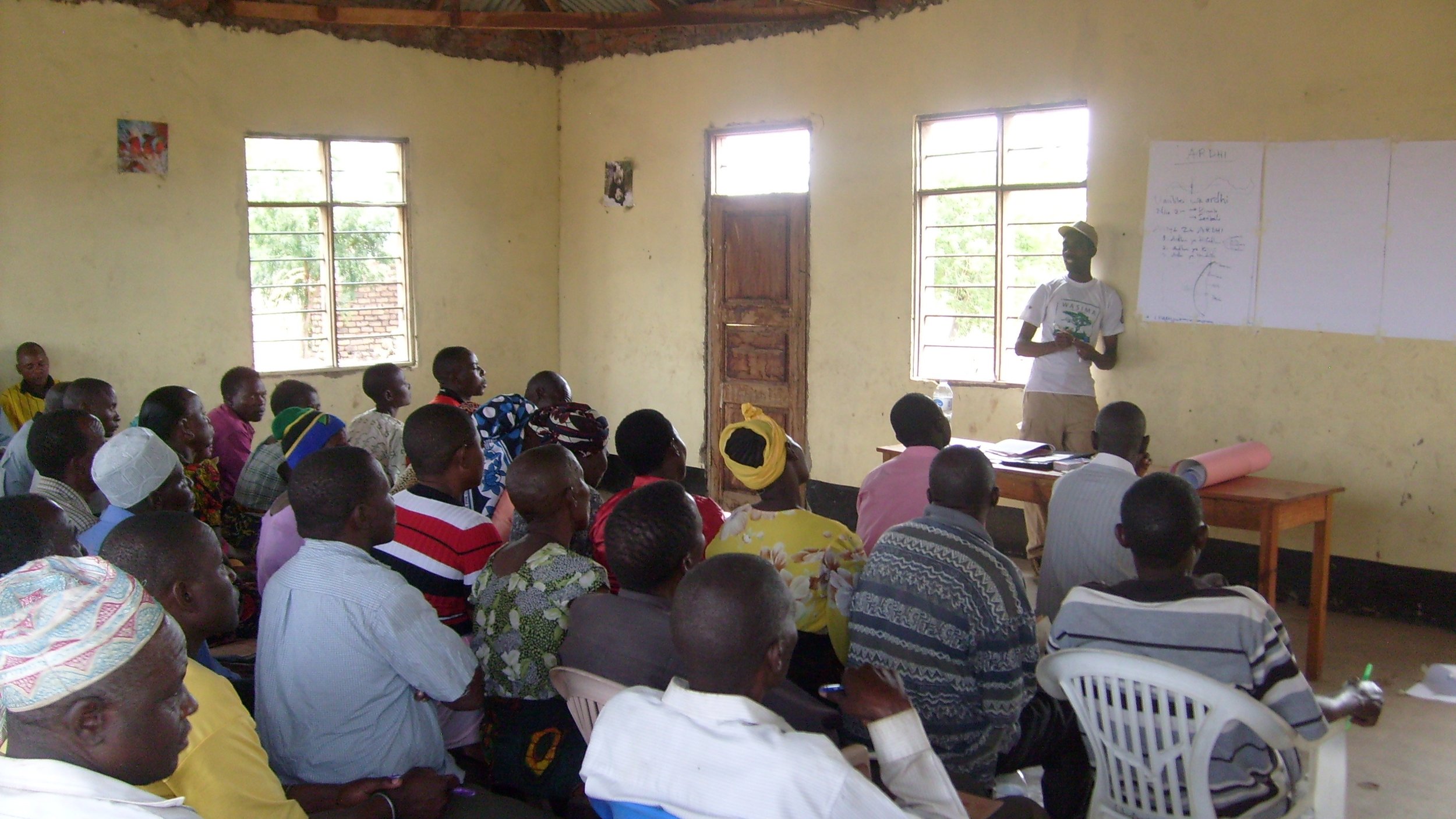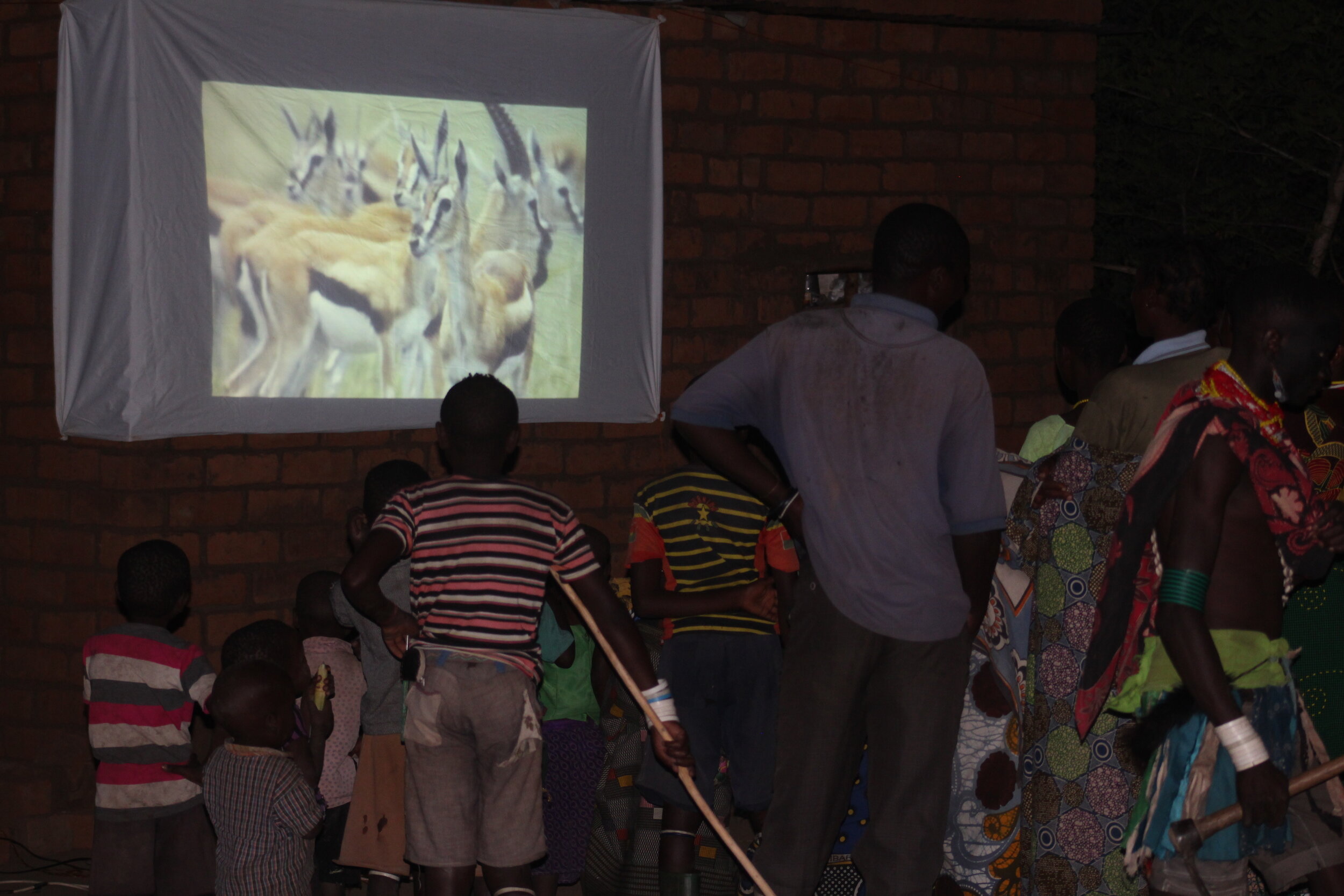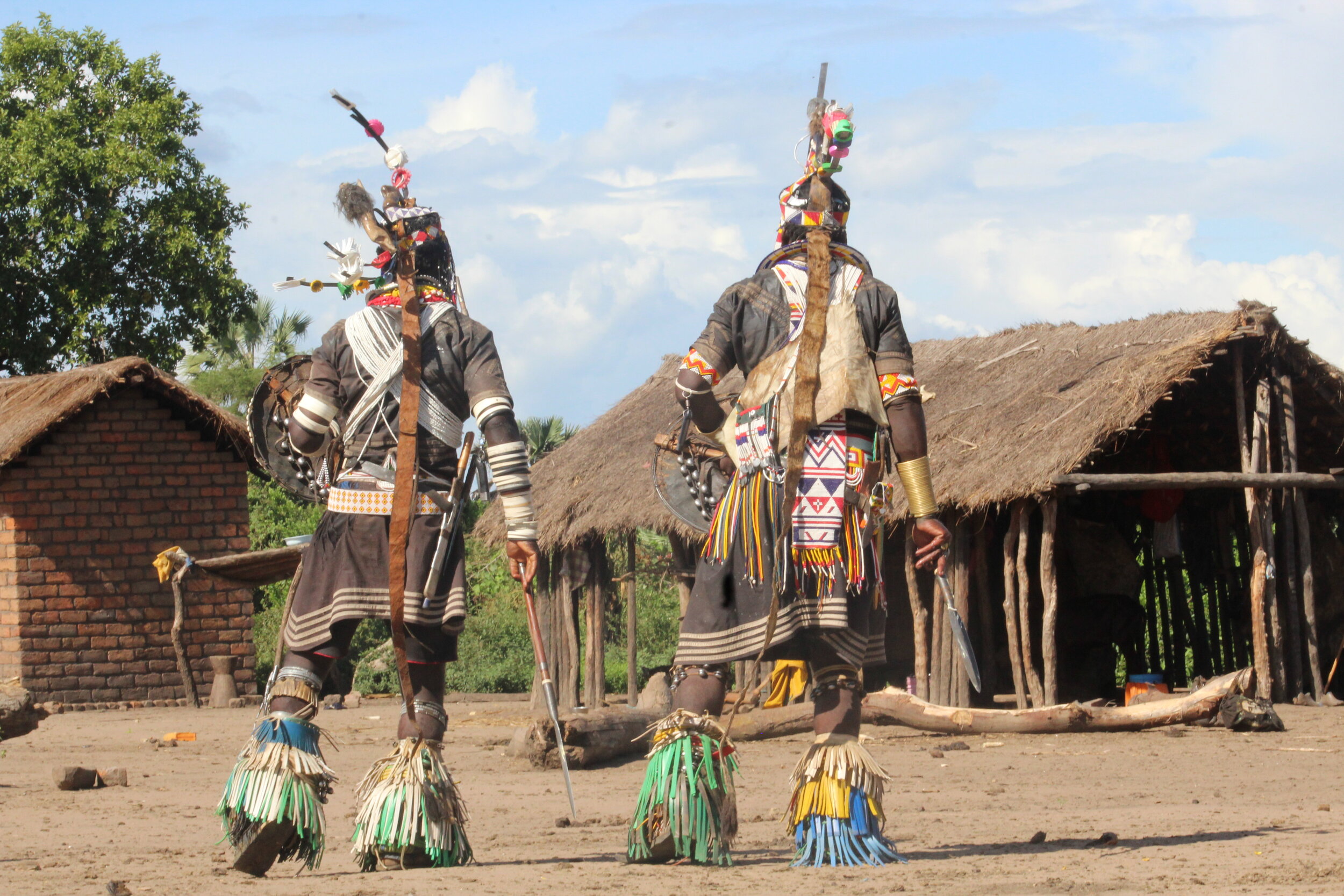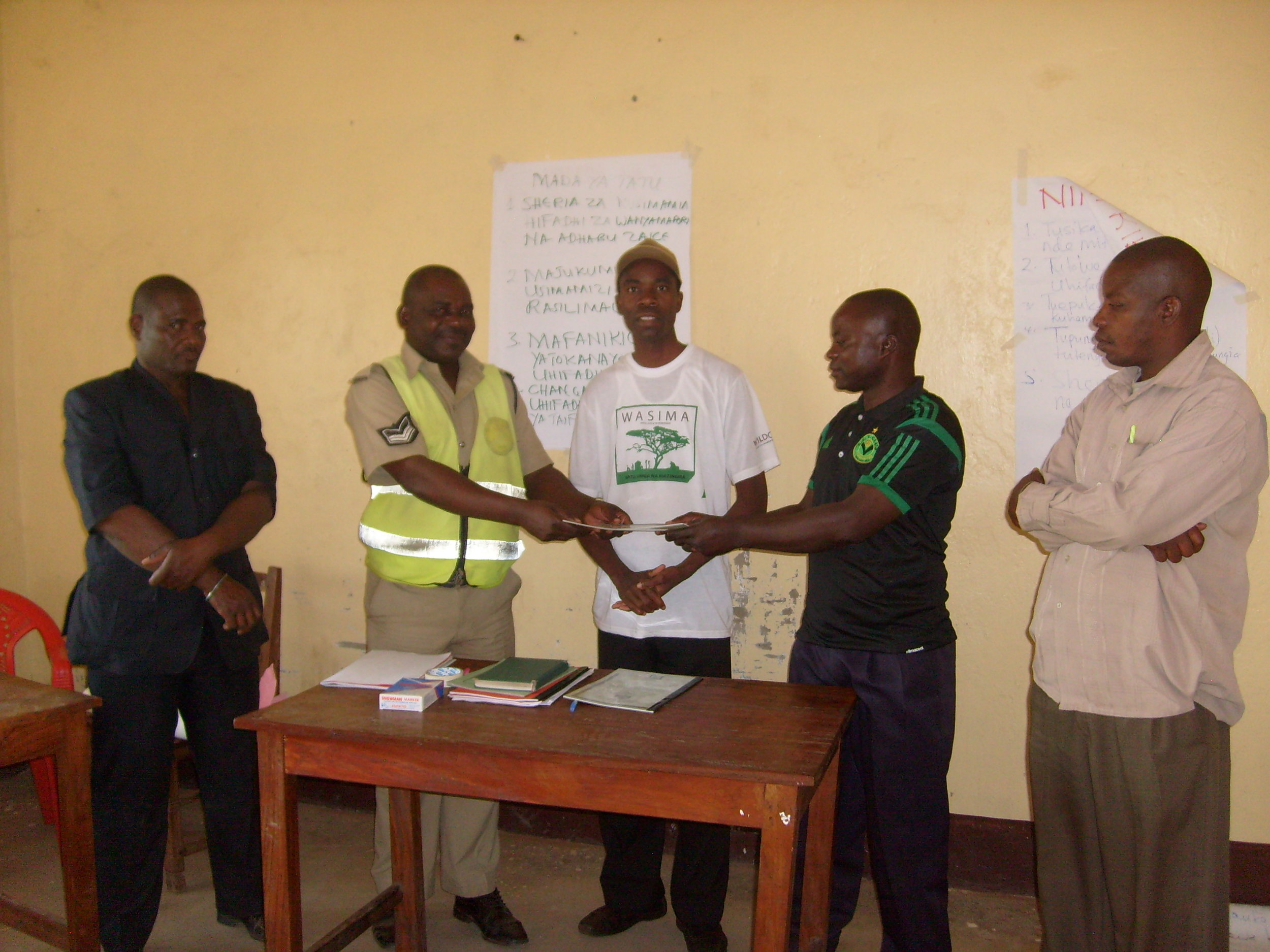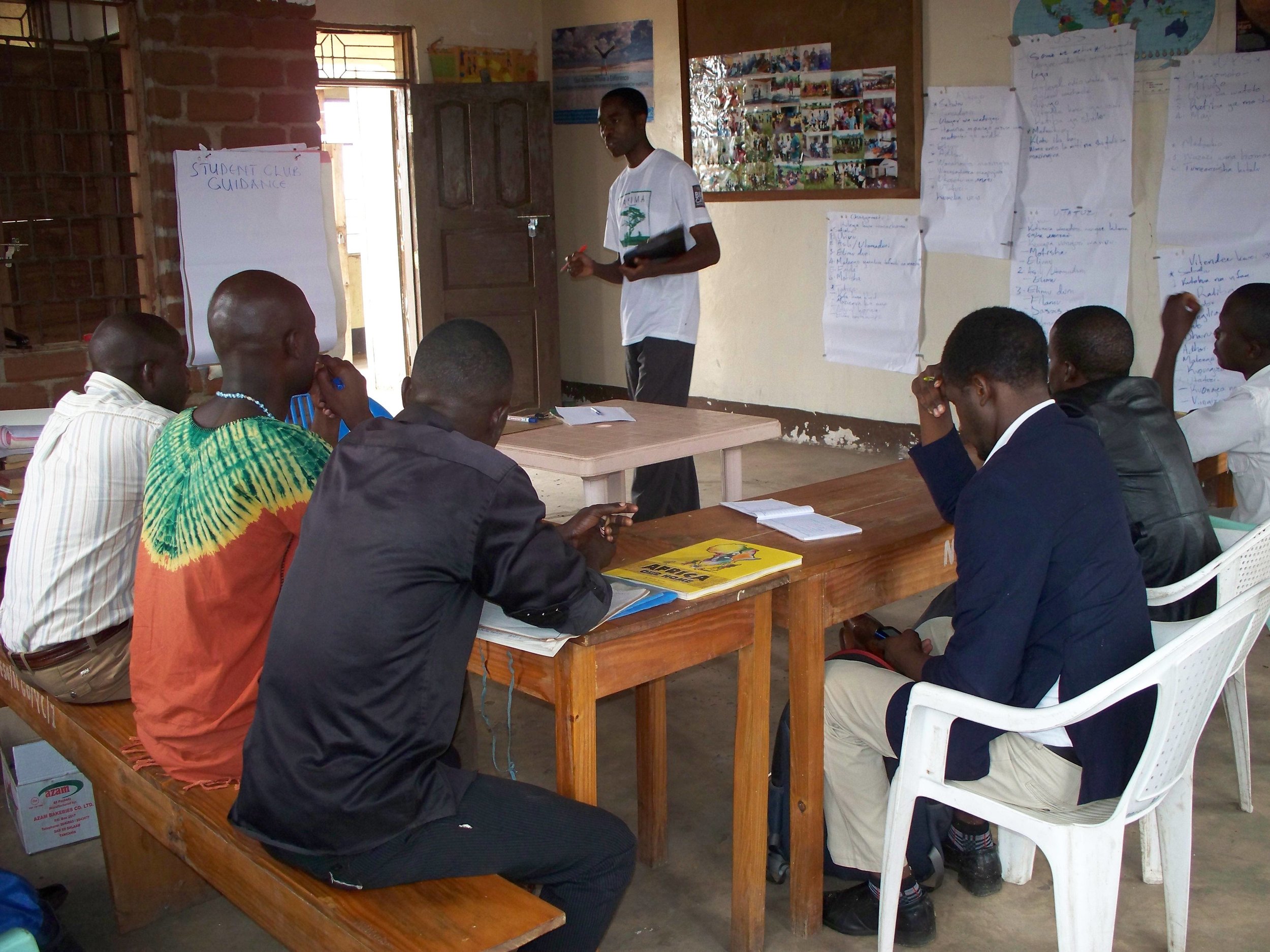In the local villages of KIZI and KIBAONI around MPIMBWE WMA, a remarkable initiative took place with the aim of improving the lives of small beekeepers while reducing human-wildlife conflicts and promoting environmental sustainability. The Beekeeping Training Program was more than just a workshop; it was a catalyst for positive change, merging traditional beekeeping practices with modern techniques to enhance both beekeepers’ livelihoods and the harmony between humans and the environment
The training program, organized by dedicated volunteers and experts, aimed to equip local beekeepers with knowledge about modern beekeeping methods. By transitioning to environmentally friendly practices, beekeepers not only will increase the quality and quantity of honey production but also will play a crucial role in maintaining the delicate balance of their ecosystem. The use of sustainable beekeeping practices will minimize disturbances to the environment, ensuring the continuation of crucial pollination processes that benefit the local flora and fauna.
Mr. Emmanuel Stephens from LCMO showing some of projects of LCMO
Interestingly, the connection between beekeeping and reducing human-wildlife conflicts is a fascinating aspect of this initiative. As the beekeepers adopt modern ways of keeping bees, they inadvertently create a natural buffer between their villages and wildlife habitats. The bees’ presence serve as a deterrent to wildlife encroachments, leading to a decrease in confrontations between humans and potentially dangerous animals like lions. This peaceful coexistence not only safeguard lives but also protect these magnificent creatures from unnecessary harm.
Mr. Obadia Magazi continuing with class at Kizi
Through the lens of sustainable beekeeping, we highlights the multi-faceted impact of the Beekeeping Training Program. By improving the livelihoods of small beekeepers, promoting environmentally friendly practices, and fostering a harmonious relationship between humans and wildlife, the initiative exemplifies the positive outcomes that can emerge when communities and nature work hand in hand. The buzzing hives of KIZI and KIBAONI villages are a testament to the potential for change when innovation, education, and compassion converge.

























